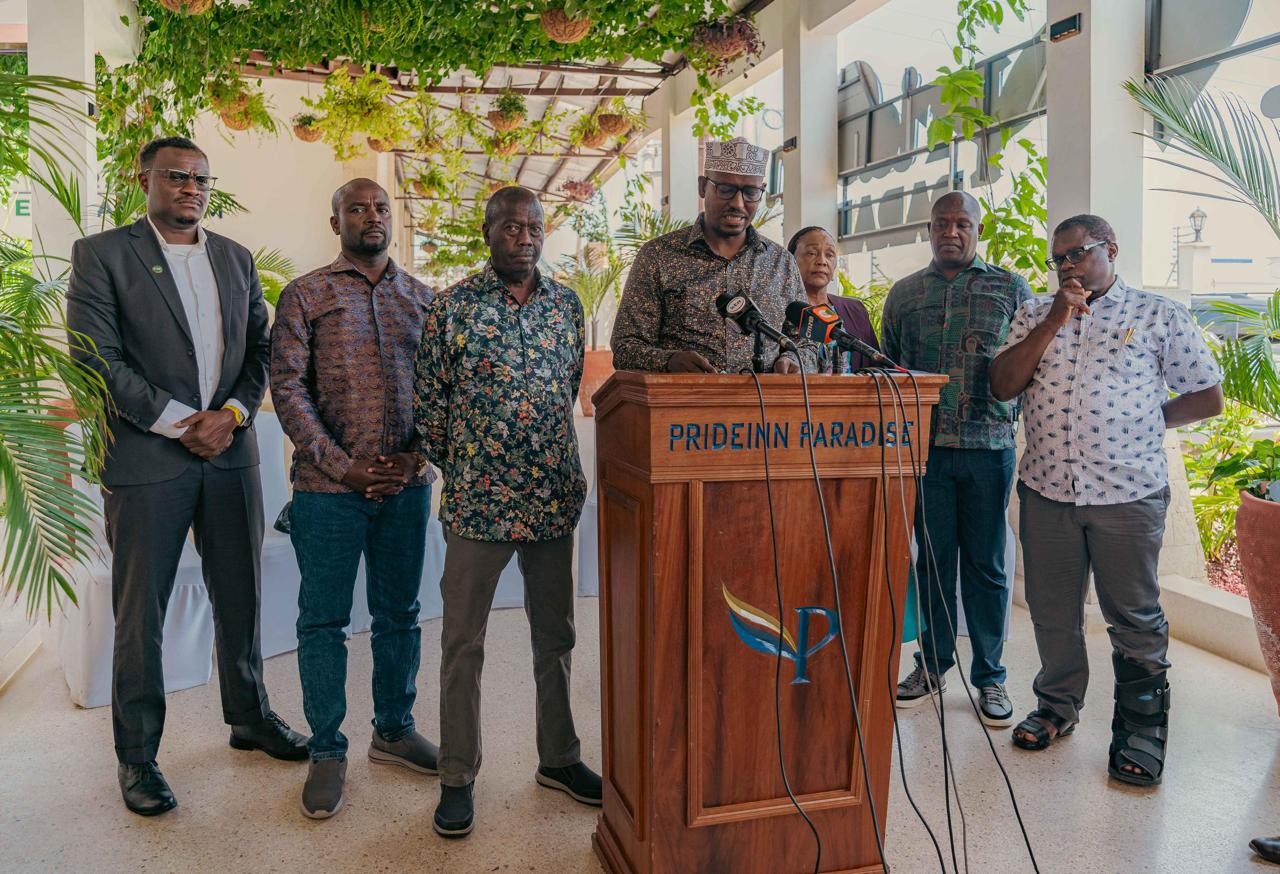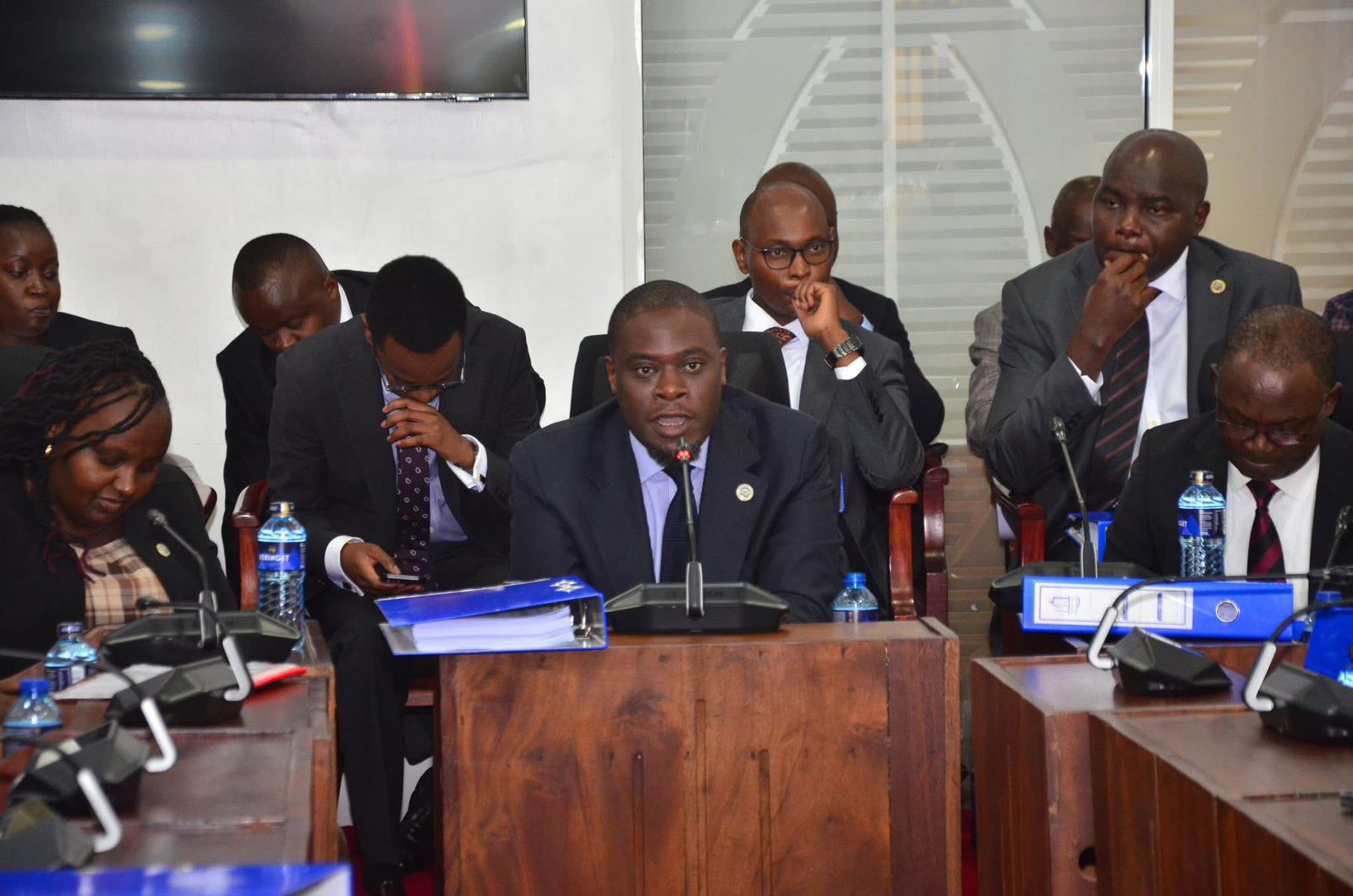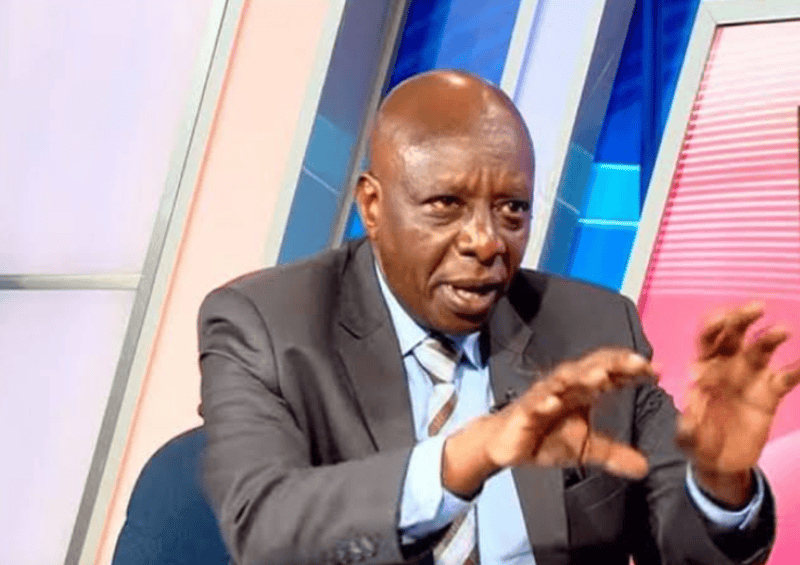Governors reject audit of bursary funds in six counties

He argued that the process does not align with the constitutional timelines provided under Article 229 and the requirements of the Public Audit Act. According to the Wajir governor, the decision to audit funds going back to 2021 raises concerns, especially since some of the current governors were not in office during that period.
The Council of Governors has taken issue with a fresh move by the Office of the Auditor General to audit bursary and education-related spending in six counties, calling it unconstitutional, selective, and lacking proper consultation.
Council Chairperson Ahmed Abdullahi on Monday questioned the legality of the planned performance audit, which targets bursaries, scholarships, and Early Childhood Development Education (ECDE) centres.
More To Read
- Motorists demand full refund of road levies, say fuel price hike illegal
- NTSA yet to print 572,000 smart licences despite full delivery by supplier
- Sh540 million loss: Auditor General Nancy Gathungu exposes irregularities in book distribution
- EduAfya audit uncovers 'ghost students', Sh2.3 billion overpayment
- Four years on: Auditor General Nancy Gathungu still locked out of NHIF claims system
- Sh16.6 million disbursed to 14 ghost schools, Auditor General reveals
He argued that the process does not align with the constitutional timelines provided under Article 229 and the requirements of the Public Audit Act. According to the Wajir governor, the decision to audit funds going back to 2021 raises concerns, especially since some of the current governors were not in office during that period.
“There has been politicisation of the bursaries matter. I do not know who is so determined to ensure counties are barred from giving out bursaries. Why select the six counties? Why audit the last four years?” he asked.
Governor Ahmed criticised the Auditor General’s office for proceeding without consulting either the affected counties or the Council of Governors. He said the process lacked critical engagement and therefore could not offer an accurate or context-based assessment of devolved operations.
“This results in a process that lacks critical input for a comprehensive and context-specific audit in a devolved system. The criteria for selection of the counties under review remain unexplained and, therefore, opaque,” said Governor Ahmed.
The council maintained that all counties had already been audited for the same financial years, warning that any repeat of the exercise could lead to unfair treatment and unnecessary duplication.
“Any audit exercise that is not anchored in the legal framework, including those initiated outside the timelines prescribed under Article 229 of the Constitution and the Public Audit Act, is irregular, unconstitutional, and therefore null and void,” he stated.
Governor Ahmed urged the Auditor General to conduct performance audits within the law and ensure mutual respect between institutions.
“You must uphold the rule of law, and mutual institutional respect is essential to maintaining the integrity of the audit process and safeguarding the principles of devolution. The Council of Governors remains fully committed to accountability, transparency, and responsible governance in service delivery,” he said.
While expressing their concerns, the council also stated that it remains open to proper audit processes that are legal, collaborative, and carried out in good faith.
The Council of Governors Vice Chairperson, Nyeri Governor Mutahi Kahiga, also voiced his concern over the planned audit. He said the Constitution is clear that audits must be conducted within six months after the end of the financial year, and that any deviation from this is unlawful.
“As a council, we stand firmly with the Constitution and the law, which states that audits must be conducted within six months of the end of the financial year. Unfortunately, we’ve received word that six counties are now being targeted for re-audit,” said Kahiga.
He questioned the decision to focus solely on bursaries and ECDEs, yet counties have made significant gains in other devolved sectors such as health, water, and agriculture.
“Counties step in to provide bursaries because there is a need. Why re-audit the performance of bursaries and ECDEs alone? What about health, agriculture, and water, where counties have also excelled?” he asked.
He pointed out that counties had gone further to employ ECDE teachers, develop learning infrastructure for pre-primary education, and initiate school feeding programmes—programmes that deserve recognition, not selective auditing.
Top Stories Today









































